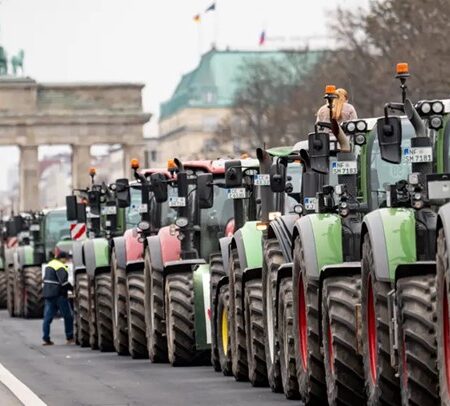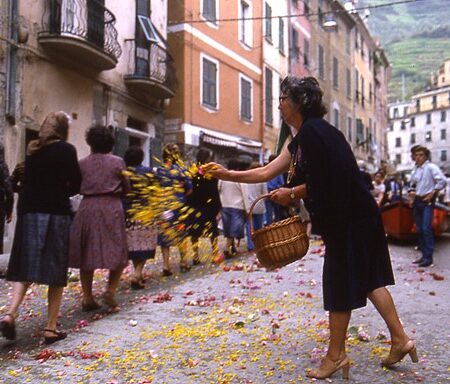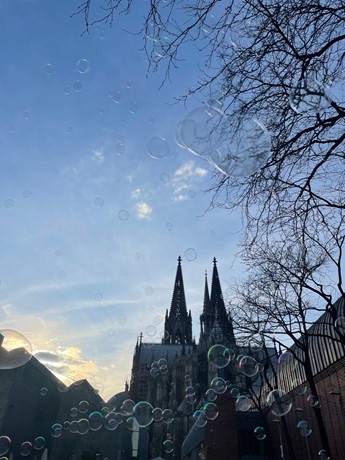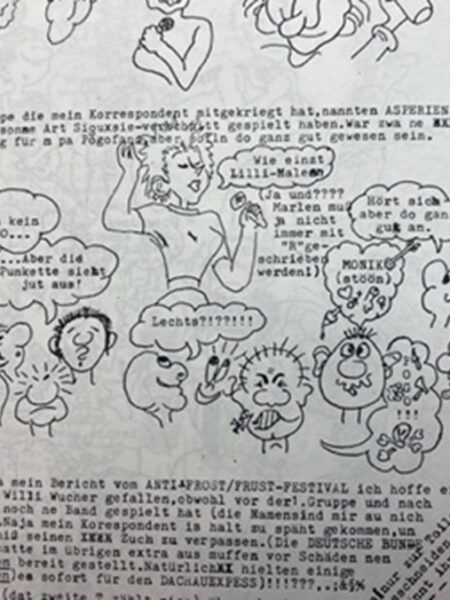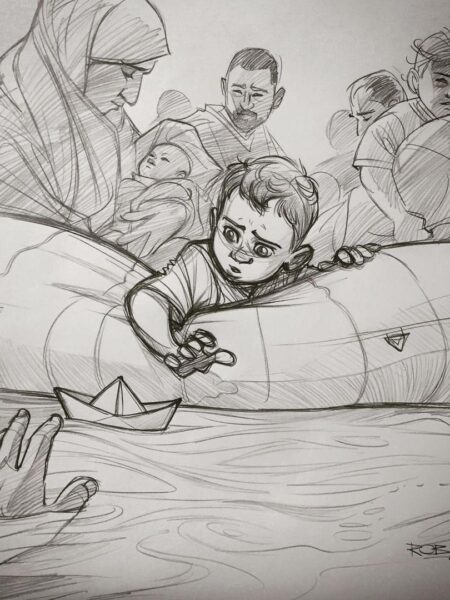Introduction.
Over 25 years of political conflicts in Sudan between the South Sudan and Sudan devastated the region. Added to these are recent escalations in Sudan. These conflicts due to religious difference between local Muslims and Christians since. They arose because Muslims overpowering the Christians. Their leaders were in power hence they impose Islamic laws on the Christians, added to this was racial conflict between the Arabs and the local black population of South Sudan Economic development were mainly given to the Arabs rather than the Christians. In the regions populated by Christians there were poor roads, buildings, and service while privileges were given only to the Arabs over the Christians that led to the referendum of South Sudan separating from Sudan in order attain independence in 2011 and hence the world youngest nation was formed on 11/July/2011 under Sudanese People’s Liberation Movement (SPLM) government. After attaining and enjoying independence for two years the young nation had conflicts started between leaders in the government and creating of new rebel group called the SPLMIO as Sudanese People’s Liberation Movement in Operation (SPLMIO).
On December/15th / 2013, following a political struggle between president Salva Kiir and his vice president Riek Machar had a misunderstanding in the state house as each wanted to be superior to the other, it escalated to the point when both parties had hard time to reach an agreement. This was a power struggle by two politicians over the leadership of the young nation. The struggle led to Machar’s removal from the vice president’s position which in turn developed into an outbreak of violence between presidential guard soldiers from the two largest ethnic groups of South Sudan. Soldiers from the Dinka ethnic group aligned with Salva Kiir and those from the Nuer ethnic group supported Machar. In the midst of the chaos, Salva Kiir announced that Riek Machar had attempted a coup and violence spread quickly to different regions of South Sudan such as Jongeli, Upper Nile, Unity state, Western states and Central Equatoria state was the Centre of the conflict. From the outbreak of the conflict, armed groups targeted civilians along ethnic lines, committed rape and sexual violence, destroyed property and looted villages across the country while recruiting children into their ranks.
Beyond claiming tens of the thousands of victims and leaving more than a third of the country’s population forcibly displaced, the conflicts has led to a contraction of country’s real GDP by more than 5 percent on average over the past years up-to-date. Today South Sudan is among the poorest nation in the world ranking 186 out of 189 countries in the Human Development index. This conflict has reduced the money used in the country and affected the human resources, a situation that has the likelihood to significantly impact on both people and business organizations that reduced the sales, exports and decisions to invest for any firms regardless of the size or incumbency. This affects the allocation of resources and output levels among the firms in existence and on their entry and exit. The researchers recommended that the state political stability and vulnerability to armed conflict ought to be carefully assessed by cross border traders and international trade investors before establishing especially financial institutions in South Sudan. Another result of this to the food security, its scarcity and famine in the country.
The impact of the conflict to the neighboring countries like Uganda, Congo, Kenya, Sudan has formally exports has driven entirely by a reduction of the agricultural good exports and commodities continued to flow and this reduces financial support to the country. The donors including USA, EU, countries, Canada, China and others countries has failed support the Uganda government to help the refugees because of the shortfalls means of funding difficulties and this has led to shortage of food, water, shelter for the refugees.
Kiryandongo refugee settlement established on cleared ranch land in 1970s, Kiryandongo] hosts mostly (99%) South Sudanese refugees facing protracted displacement. Most current settlement inhabitants arrived in or after 2014, which marked South Sudanese independence and the ensuing civil war.
Objective of the study.
The main objective of this study is to bring awareness about the financial well-being and status of Kiryandongo refugees who have been settled in Kiryandongo refugee settlement in relation to their financial well-being and their status. It will also look at how the different stakeholders can come in to support the financial situation of the refugees.
Methodology of the study.
The main methodology of this research is oral history. Oral history is a methodology of history writing that deals mainly with memory. It is engaging with people who are alive. So, the main difference between archives/primary documents and oral narratives is that in the latter the interviewees can talk and answer, while archives are one sided source. There is more interpretation when you deal with archives than when you do interviews. The interviewees will be the different refugees within the settlement, persons from the different government (OPM) Ugandan government (OPM), United Nations (UN), World Food Program (WFP), United Nation of High commission for Refugees (UNHCR) and non – government organizations (NGO) such as WPDI, ACF, HADS, AFI and IRC
I also intend to use primary documents. These will be mainly available reports from the different agencies on the economic status of refugees both within Uganda and worldwide.
The current financial status of refugees.
Following the displacement of the refugees to Kiryandongo refugees are faced with a number of financial challenges. This could be attributed to the fact that they are in a foreign land and may not be in position to access the various means to earn some money or even till the land.
This situation forced a number of refugees to live way below the poverty line level. This can be seen through the ratio given to refugees which used to be 30000/= (9$) per month. Due to difficulties from the supports Organizations in year reduced 21000/= (7$) per month. As noted, it led to difficulties in the financial status of the refugees as they cannot attain even bare minimum life, they used to live life they used to live in the country of their origin (South Sudan).
With this situation at hand, several governmental and non-governmental organizations intervened to solve the financial situation in the settlement. The aim was to bring the life quality of the refugees within the settlement to a decent level despite the looming situation. UNHCR under their implementing partners provided support in different forms such as giving shelter to refugees, soap, sanitary pads to women of reproductive age, clothes assistive devices to most vulnerable to help their improve on their livelihood since in most cases the refugees by virtue of their financial status may not be in position to afford these items.
World Food Programme (WFP)’s intervention a global partner that seeks to ensure that everyone within the world is able to have food also plays a major role. Through its interventions, WFP together with its associate partners like AFI and ACF provides both food and cash assistance to the refugees. Kiryandongo refugees receive their ratio on a monthly basis. Through the associate partners, the refugees in their households are also supported with some livestock such as rabbits, goats, sheep and poultry in order to enhance their earnings. The refugees are also trained on how to keep kitchen gardens as well as setting up demonstration gardens all aimed at improving their livelihood.
Windle International, Y-Global, TPO, PVC, UREPP and WPDI also gives the refugees training ground to make of soap, liquid soap, train the refugees in ICT skills, tailoring and fashioning and hair dressing. Additionally, they pay some of refugee’s children to school tuition through scholarship programs. This further helps in developing their talents through sports and this is done to improve the lives of refugees and other organizations help the refugees through other activities aiming to reduce poverty and improve the financial situations of the refugees in the settlement.
Findings.
In my interview with a Kiryandongo refugee, Christoper Simon who has spent close to eight years in the settlement, he said that the financial situation in the settlement is very hard and he talked about his life experience in the Kiryandongo refugee settlement. He stated that the cost of living is very high within and around the settlement. This has forced most of the people within the settlement to open and take part in demonstration farming and any other initiatives brought by the several partners like AFI, WPDI and ACF.
He also stated that the outbreak of the Corona virus coupled with the various lockdowns were a big financial blow for most of the refugees who had found various means for earning a living such as running shops, vending vegetables and foodstuffs within the various markets. This is however gradually improving with the easing of the lockdowns and opening of markets.
In the interview with a refugee student, Denis Zugo, he discussed the difficulties in the payments for school materials and school fees due the financial situation this led to many students dropping out of school. He proposed an idea of creating loaning grants to the youth and possible increase of more vocational institutions for the youth to ensure the financial situation of the refugees. He thanked organizations such as WPDI, ACF, Y-GLOBAL, UREPP, VCT, WIU that are training the refugees in building and construction, tailoring, catering and others activities to improve life standard among them.
According to the community volunteer of IRC, Sarah Atong discusses the current state of the health system within the settlement is not very good. This can be attributed to the poor health systems, corruption, language barrier given the fact that the refugees belong to different tribes and speak different languages, illiteracy of refugees who did not attain any formal education. She also discussed the lack of medicines within the facilities, few medical personnel to give better treatment to the refugees. This has forced the refugees to buy medication and seek proper treatment for their patients in private hospitals. These private hospitals are costly and the treatment add more expenses for the provided services that most of the refugees cannot afford due to their financial situation. She further proposed construction of more health centers and ensuring that they are equipped with personnel and medicines.
Recommendation.
- Increase in the ratio to support refugees.
- Construction of health centres and schools.
- Employment of refugees to high offices.
- Construction of road to link up their agricultural products.
- Increase of vocational training institutions.
- Give small business grants to the refugees.
- Offering of refugees with livelihood skills.
Conclusion.
From the discussion above, it is evident that the financial well-being of the refugees within the Kiryandongo refugee settlement is not good. This stretches from their livelihood while at home and within the community. Several partners have introduced certain initiatives to help improve the financial status of the refugees which have indeed played a major role. However, as the interviewees claim, this is far from being enough.
Despite all these efforts which interviewees appreciate a lot, there is need for more interventions by the different partners to address all the aspects of life of the refugees, this includes education, health and livelihood. This will help lift the financial burden from refugees.
On the other hand, the refugees within the Kiryandongo refugee settlement need to take seriously some of the initiatives that are brought about by the different partners. Most of them are aimed towards wealth creation which the refugees should give keen interest and take up.
References:
https://reporting.unhcr./human right education
https://www.anthro.unibc.ch/about.us/peopledr-phil-santchi-martina/index-eng.html
https:fic,tufts edu/team/martina-santchi
http://hdl.handle.net/11295106001
http://creativecommercial.org/licenses/by.nc.nd/3.0/us./faculty of arts and social science, law Business mgt(FOA and SS/FOL/FBM(24385)







